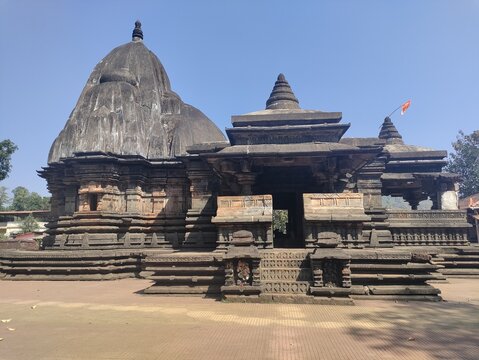Ratnagiri
A complete tourist and cultural guide

Ratnagiri, nestled in Maharashtra’s Konkan coast, is a paradise of sun-kissed beaches, historic forts, and Alphonso mango plantations. Known for its colonial heritage, spiritual sites, and lush landscapes, it blends relaxation, adventure, and culture. A gateway to the Konkan region, Ratnagiri captivates with its monsoon waterfalls, seafood delicacies, and vibrant local traditions.
Wiki Link: Ratnagiri Wikipedia
Must-Visit Attractions in Ratnagiri
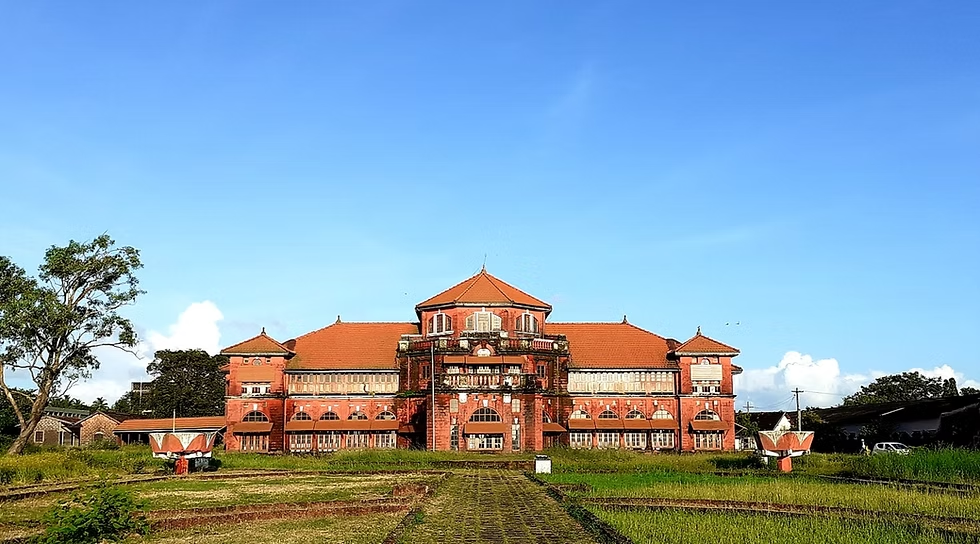
Thibaw Palace
A Gothic-style royal exile residence with sea views, Belgian glass windows, and historic artifacts.
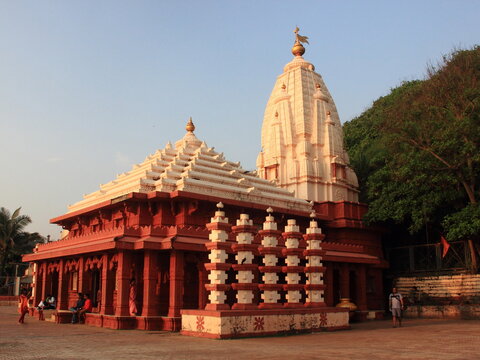
Ganpatipule Temple & Beach
A sacred self-formed Ganesha shrine on a white-sand beach with turquoise waters.
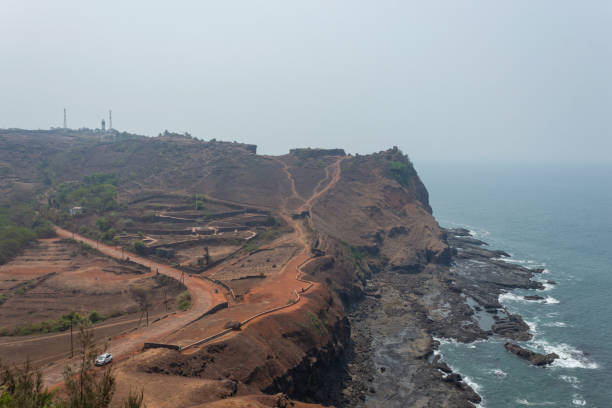
Ratnadurg Fort
A 17th-century coastal fortress with black stone walls and sweeping Arabian Sea vistas.
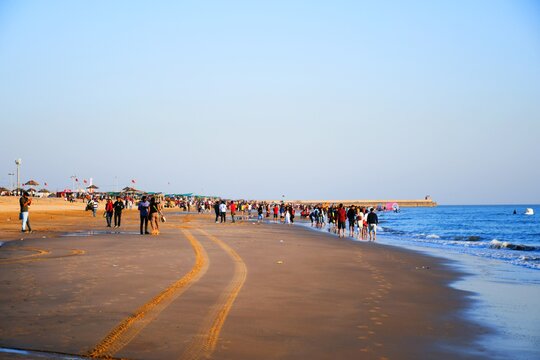
Mandvi Beach
Golden sands meet adventure with jet skiing, banana boats, and serene shoreline walks.
Major Attractions Nearby Ratnagiri
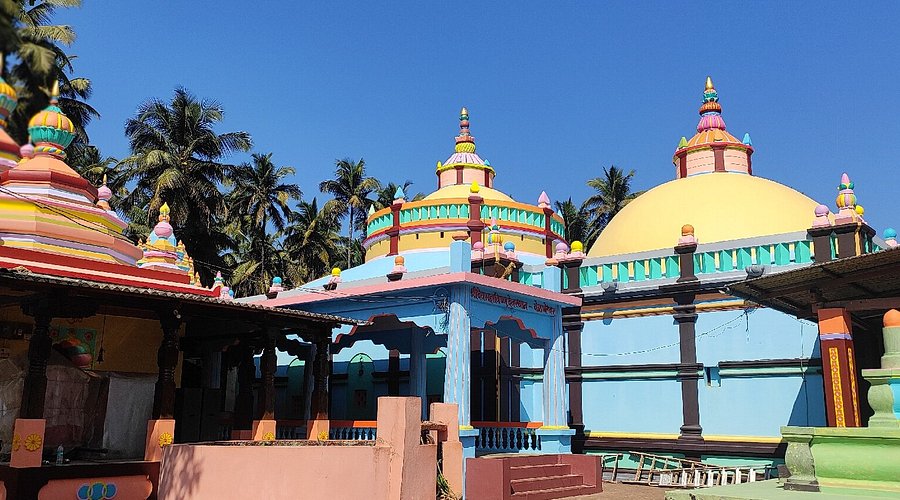
Velneshwar Temple
A 400-year-old Shiva temple nestled near a serene, black-rock-fringed beach.
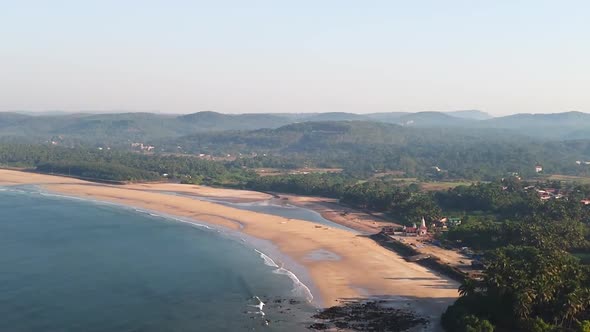
Guhagar Beach
Golden sands lined with swaying coconut palms and gentle Arabian Sea waves.
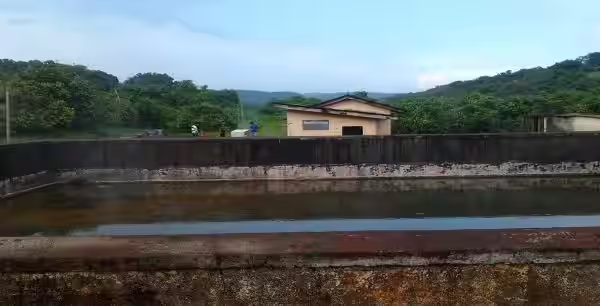
Unhavare Hot Springs
Natural geothermal baths surrounded by lush Western Ghats greenery.
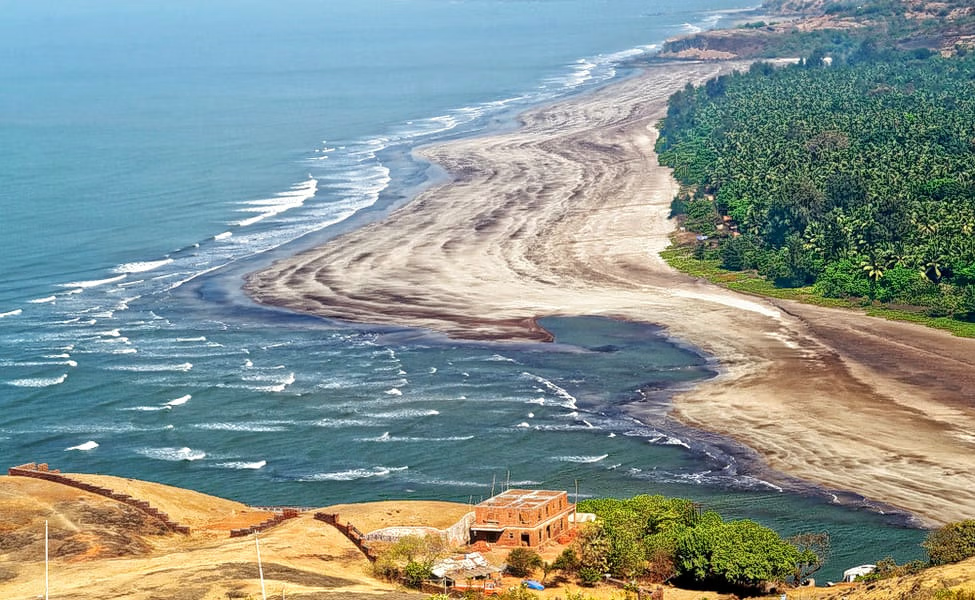
Kelshi Beach & Temple
Sacred coastal village with untouched shores and old-world temple charm.
Things to Do in Ratnagiri
Experience the coastal charm, historical grandeur, and culinary delights of this Konkan gem. From watching spectacular sunsets at ancient forts to savoring fresh Alphonso mangoes by pristine beaches, Ratnagiri offers a perfect blend of relaxation and adventure.
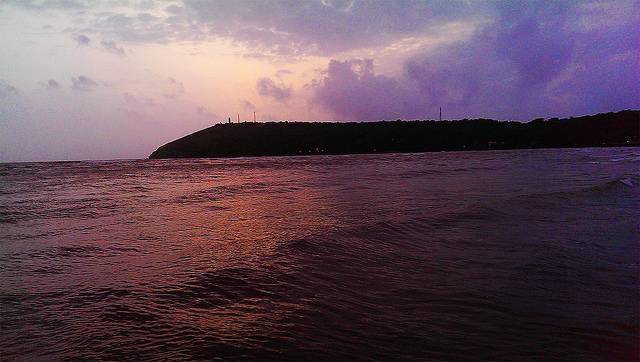
Sunset at Ratnadurg Fort
Witness breathtaking Arabian Sea sunsets from this 17th-century coastal fortress.
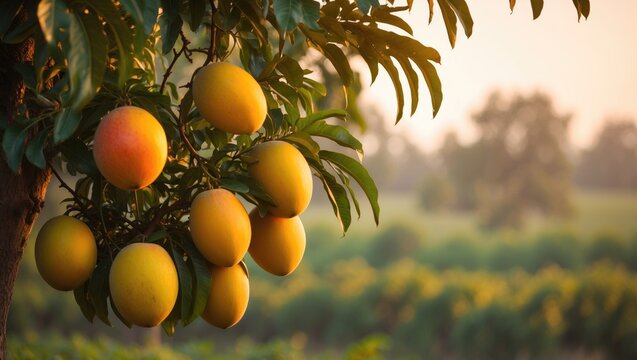
Alphonso Mango Plantation Tour
Savor world-famous Devgad mangoes straight from lush orchards (seasonal).
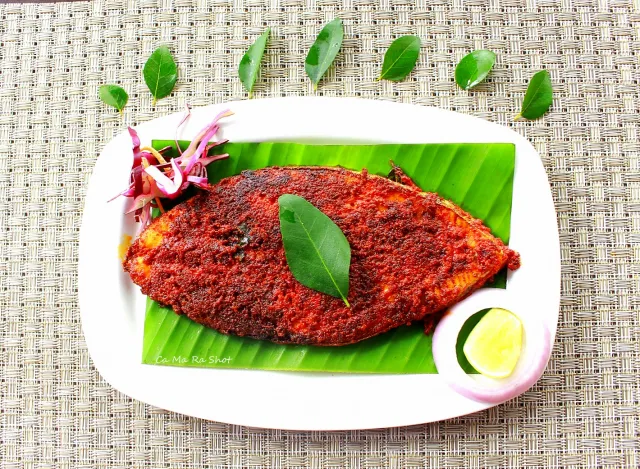
Konkani Seafood Feast
Relish spicy Malvani curries and fresh coastal flavors at local eateries.
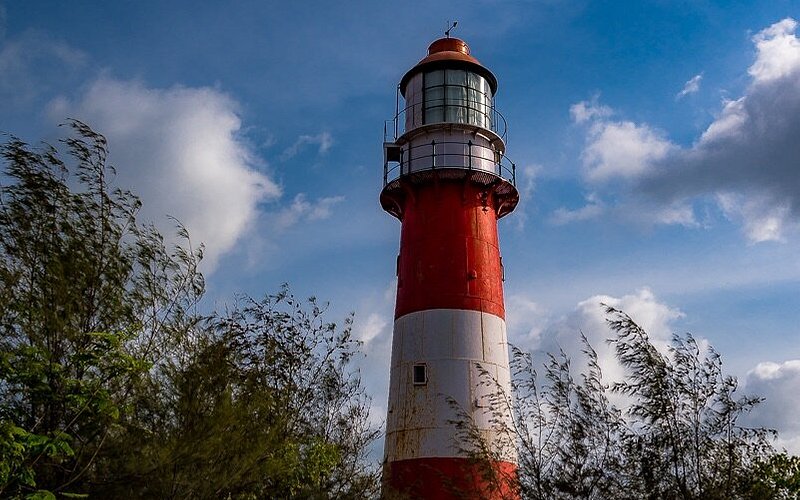
Boat Ride to Jaigad Lighthouse
Cruise the Shastri River to a historic sea fort with panoramic views.
The Performing Art of Ratnagiri
A hidden gem of Konkan’s artistic heritage, Ratnagiri thrives with vibrant folk traditions, coastal rhythms, and age-old performing arts. The region’s cultural identity is deeply tied to its fishing communities, lush landscapes, and historic Maratha influences.
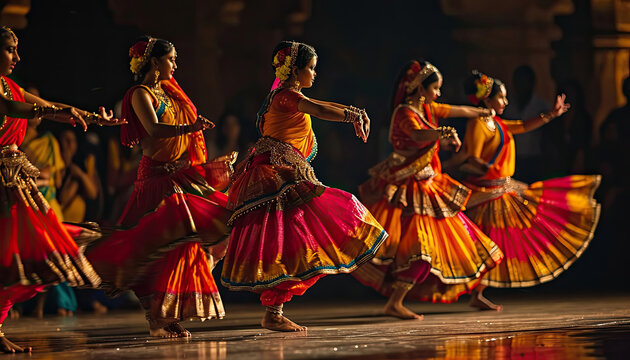
Lavani
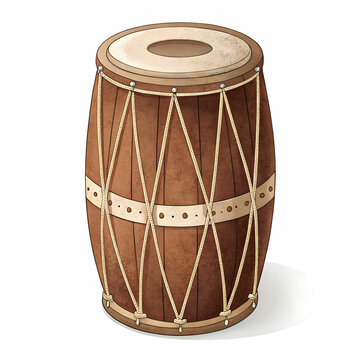
Koli Geet

Gondhal
Ratnagiri resonates with the soulful Lavani and Koli Geet, celebrating the Konkan coast’s fisherfolk life through rhythmic waves and monsoon melodies. The devotional Gondhal art form blends folk music with spiritual storytelling, honoring local deities in vibrant nighttime rituals. Traditional Dhangari Gaja and Povada ballads preserve Maratha valor and rural traditions through energetic drumbeats and lyrical narratives.
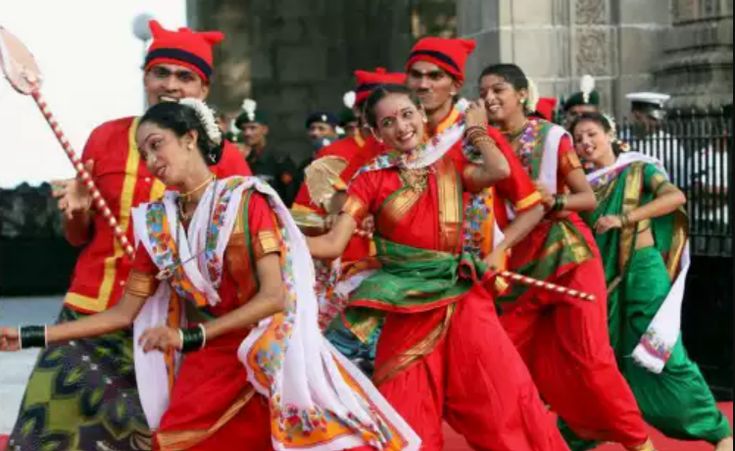
Koli Dance
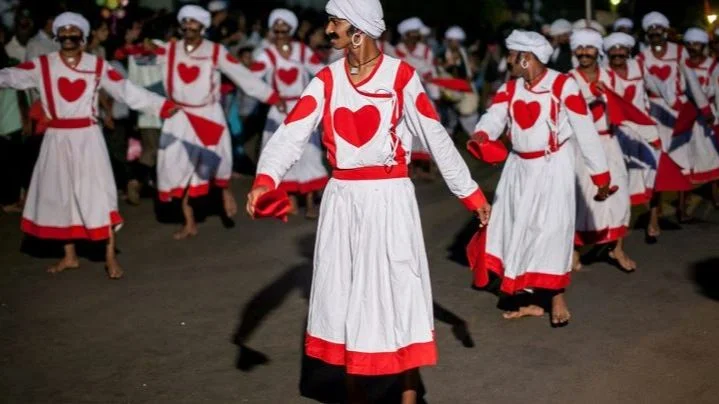
Dhangari Gaja
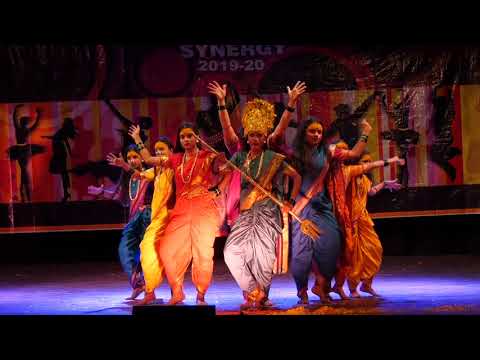
Gondhal Dance
Ratnagiri’s Koli Dance mirrors the sea’s rhythm, with fishermen’s lively movements celebrating their coastal life and monsoon winds. The devotional Gondhal Dance combines trance-like spins and storytelling, performed to invoke blessings during village festivals. Energetic Dhangari Gaja showcases shepherds’ artistry through synchronized stick beats and colorful traditional attire, rooted in the region’s rural heritage.
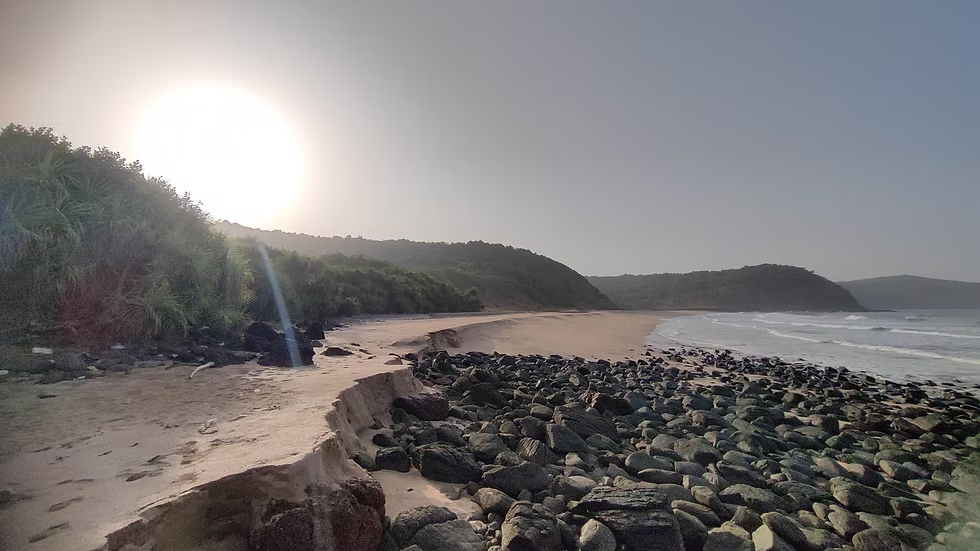
City Vibes - Coastal Serenity & Historic Soul
Ratnagiri, the jewel of Maharashtra’s Konkan coast, breathes a unique harmony of sea-kissed tranquility and regal history. The city pulses with the rhythm of crashing waves, the salty breeze carrying tales of colonial forts, swaying palm groves, and bustling fish markets. From the golden glow of beachside sunsets to the sacred chants at hilltop temples, every moment here blends nature’s raw beauty with the enduring legacy of Maratha warriors and Alphonso mango orchards. Fishermen’s boats dot the horizon, ancient lighthouses stand sentinel, and the aroma of Malvani spices lingers in the air—a timeless coastal dream.
Heritage of Ratnagiri
Ratnagiri’s heritage is a captivating fusion of Maratha valor, colonial history, and coastal traditions. The city’s ancient sea forts, Portuguese-influenced churches, and sacred temples like Ganpatipule preserve its layered past. The legacy of Chhatrapati Shivaji Maharaj echoes through hilltop citadels, while the Alphonso mango orchards and traditional fishing communities sustain its living cultural roots.
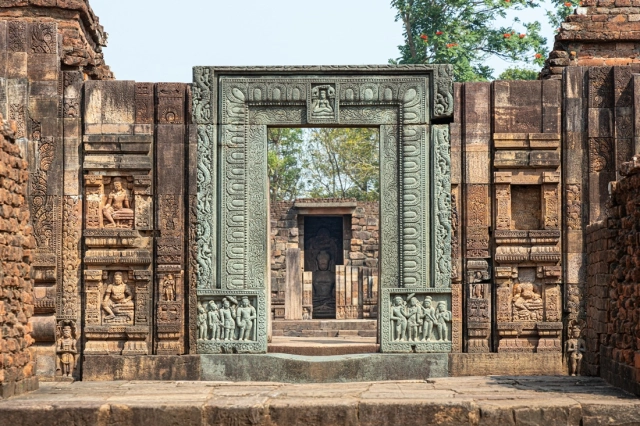
Cuisine of Ratnagiri
Ratnagiri is a coastal paradise for foodies, where fresh seafood, coconut-rich curries, and sun-ripened Alphonso mangoes create a symphony of flavors. From fiery Malvani fish curries to sweet-sour Solkadhi, every dish tells a story of the Konkan coast.
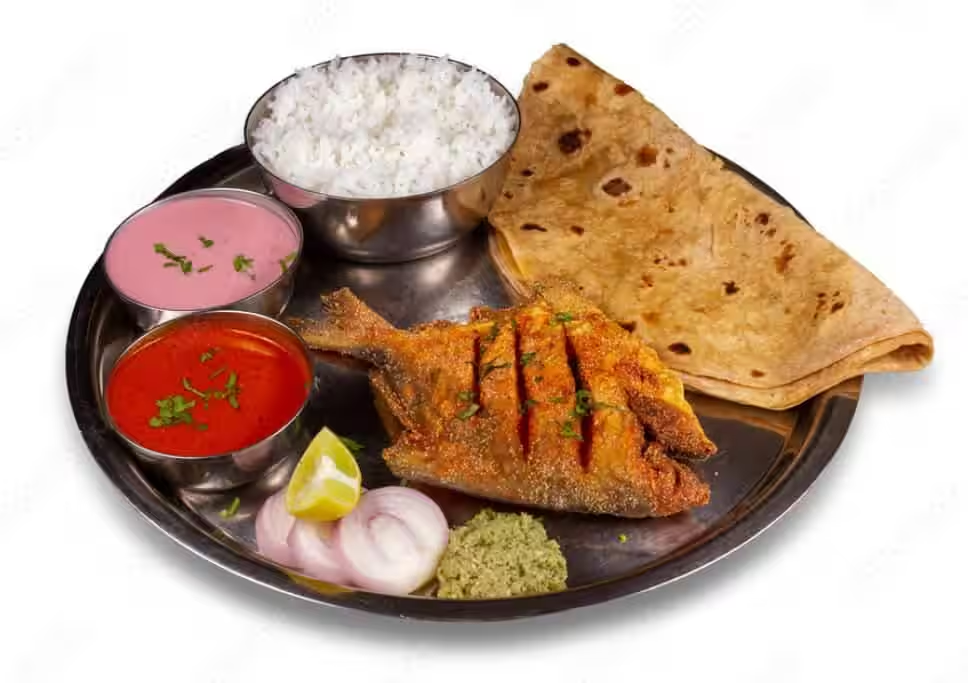
Malvani Fish Thali
A spicy, coconut-based seafood platter with rice bhakri.
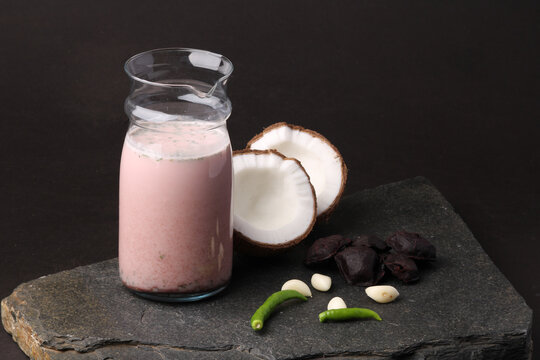
Solkadhi
A refreshing kokum and coconut milk drink, perfect with meals.
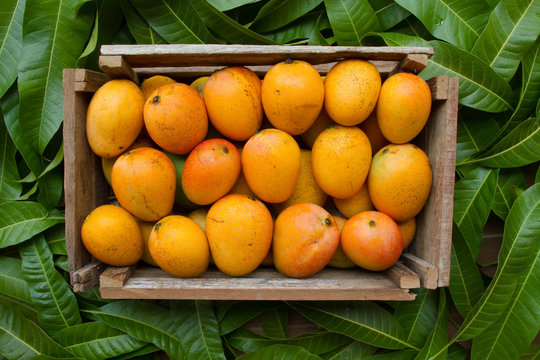
Alphonso Mangoes
Devgad/Hapus mangoes—creamy, sweet, and globally loved.
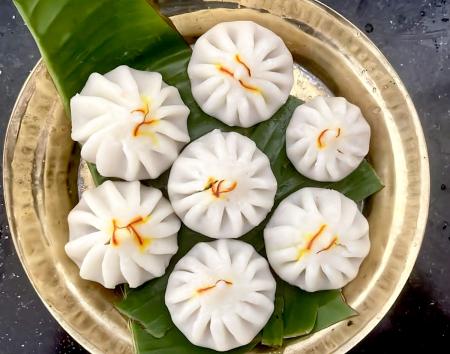
Ukdiche Modak
Steamed rice dumplings filled with jaggery-coconut, offered to Lord Ganesha.
Shopping in Ratnagiri
Shopping in Ratnagiri offers a delightful blend of coastal treasures and traditional craftsmanship. From world-famous Alphonso mangoes to handwoven Konkani textiles, the city’s markets brim with authentic Konkan flavors and artistry.
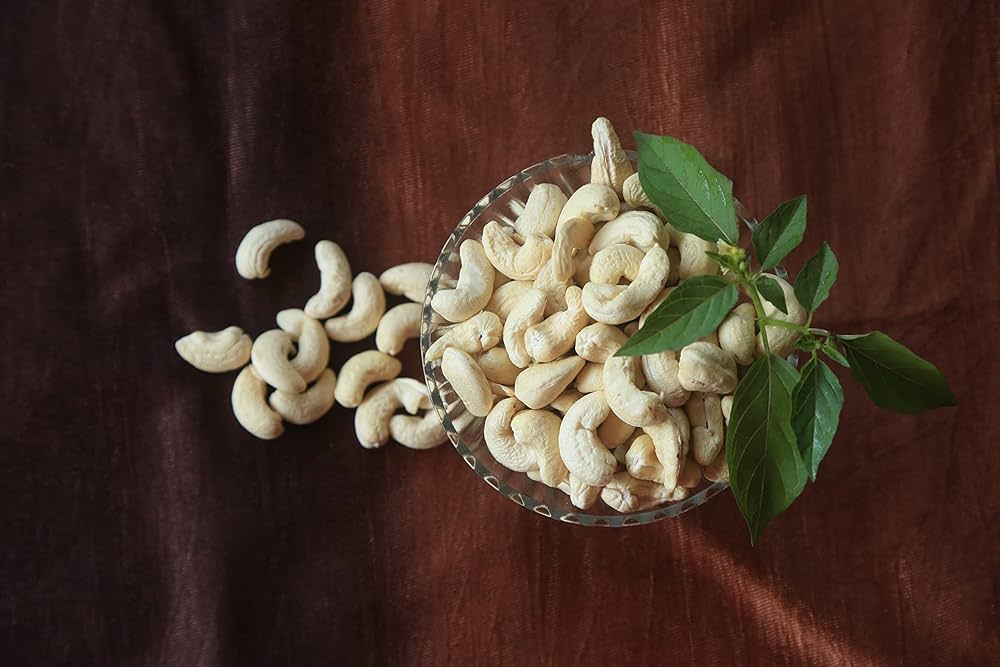
Konkani Cashews & Spices
Freshly harvested cashews and aromatic Malvani masalas.
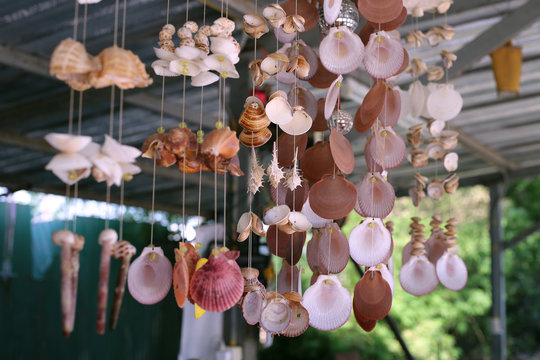
Handmade Seashell Crafts
Decorative items and jewelry made from coastal finds.
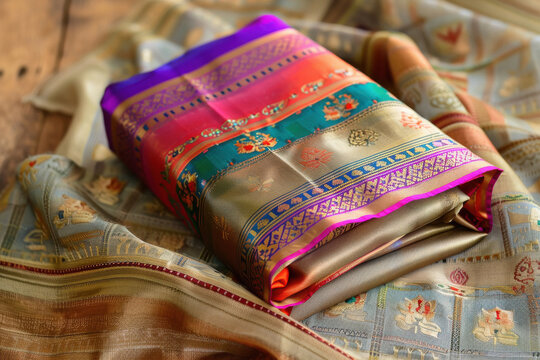
Traditional Paithani-inspired Sarees
Local weaves with coastal motifs.
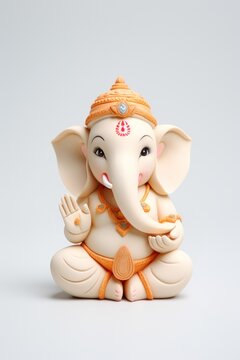
Ganesha Idols & Wooden Toys
Hand-carved religious artifacts and folk art.
Tourist's Handbook
The ideal season to explore Ratnagiri is October to March, when the weather is cool (20-30°C) and perfect for beach visits, fort tours, and mango plantation trips. Winter (Dec-Feb) offers crisp mornings and golden sunsets, while post-monsoon (Oct-Nov) showcases lush green landscapes and waterfalls. Avoid May-June (scorching heat) and July-Sept (heavy rains disrupting coastal access).
Be Cautious at Beaches – Strong currents and uneven seabeds can be risky; swim only in designated safe zones and avoid venturing too deep.
Beware of Overcharging – Negotiate prices for boat rides, taxis, and seafood shacks beforehand to avoid inflated tourist rates.
Avoid Isolated Areas at Night – Stick to well-lit and populated areas after dark, especially near secluded beaches or forts.
Respect Coastal & Temple Customs – Dress modestly at religious sites (like Ganpatipule Temple) and avoid disturbing fishing activities.
Stay Hydrated, Avoid Street Water – Carry bottled water to prevent dehydration, and be cautious with street food if you have a sensitive stomach.
Ratnagiri is best explored via auto-rickshaws for short trips and private taxis (or app-based cabs) for longer distances like Jaigad Fort or Ganpatipule. Buses connect major attractions affordably, while rental bikes/scooters offer flexibility for beach-hopping. For a coastal experience, take a boat ride from Ratnagiri Jetty to nearby forts or fishing villages.
Overpriced Boat Rides – Always negotiate rates for beach/fort trips beforehand or book through registered operators.
Fake Tourist Guides – Hire only licensed guides (ask at hotels or MTDC offices) to avoid misinformation.
Seafood Overcharging – Confirm prices before ordering at beach shacks to avoid inflated bills.
Fake Alphonso Mango Sellers – Buy directly from orchards or trusted vendors (check Govt. APMC markets).
"Special Entry" Temple Scams – Temples like Ganpatipule have free entry; ignore anyone charging for "priority darshan."

